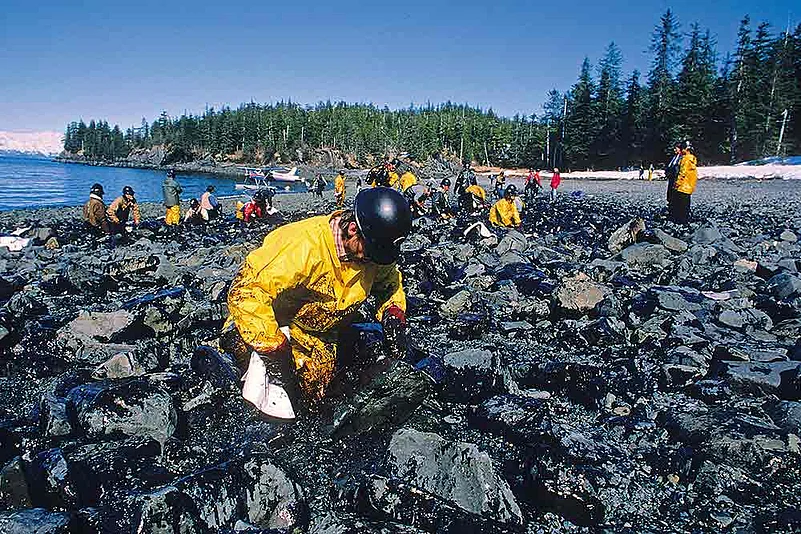These essentially comprise coal, crude oil, and natural gas, which are the major fuel and energy sources for human civilisation. Your cooking gas, power and electricity, the car that you drive, the offices and factories where you work, almost everything is largely powered by the fossil fuels. Unfortunately, they are the major contributors to “global inequality and environmental injustice.” The by-products from the burning of these fuels include a myriad of air pollutants and carbon dioxide, “which is the most important human-produced climate-alt-ering greenhouse gas.” Thus, the use of coal and oil contributes sign-ificantly to global war-ming and change of climate.
Fossil fuels are called by this name because they are formed from the remains of living creatures, both plants and animals that died a long time ago. And, they act as fuels because they contain the energy that the plants create from sunlight through photosynthesis, as well as the energy that passes on to the herbivores, which eat the plants, and carnivores that eat the herbivores. In this complex, yet natural, food web, while living organisms use energy continuously for their various internal and external activities, some of the energy is retained in the dead remains, or fossils. When thinking of fossils, we visualise large plants and animals (dinosaurs); however, bulk of the fossil fuels are formed from much smaller organisms.
For example, coal is formed from the plants that sink to the bottom of the swamps. For millions of years, these dead remains are buried under sediments, which are bits of broken rocks that sink to the bottom of the swamps through natural processes, like weathering of rocks. These sediments are covered with another layer of sediments, and the process continues. The new layers increase the pressure on the older ones, which also increases temperatures. These compacts the various sedimentary layers and, over time, water may flow through these compacts. The minerals in the water stick to the layers, and form a kind of cement that keeps the various layers together.
Over millions of years, the combination of higher pressures and temperatures converts the dead plants initially into peat, and later into coal. In the case of oil and gas, the remains of microscopic animals are changed into oil and natural gas. That is why in many places, oil and gas co-exist. Over the last century, fossil fuels have changed the human society in several positive ways — higher growth, greater development through massive industrialisation. But it has also resulted in climate change, and the fears that we may destroy our planet, ironically, through greater benefits to human civilisation. Thus, there is a need for development, progress, and prosperity through alternate energy.


























